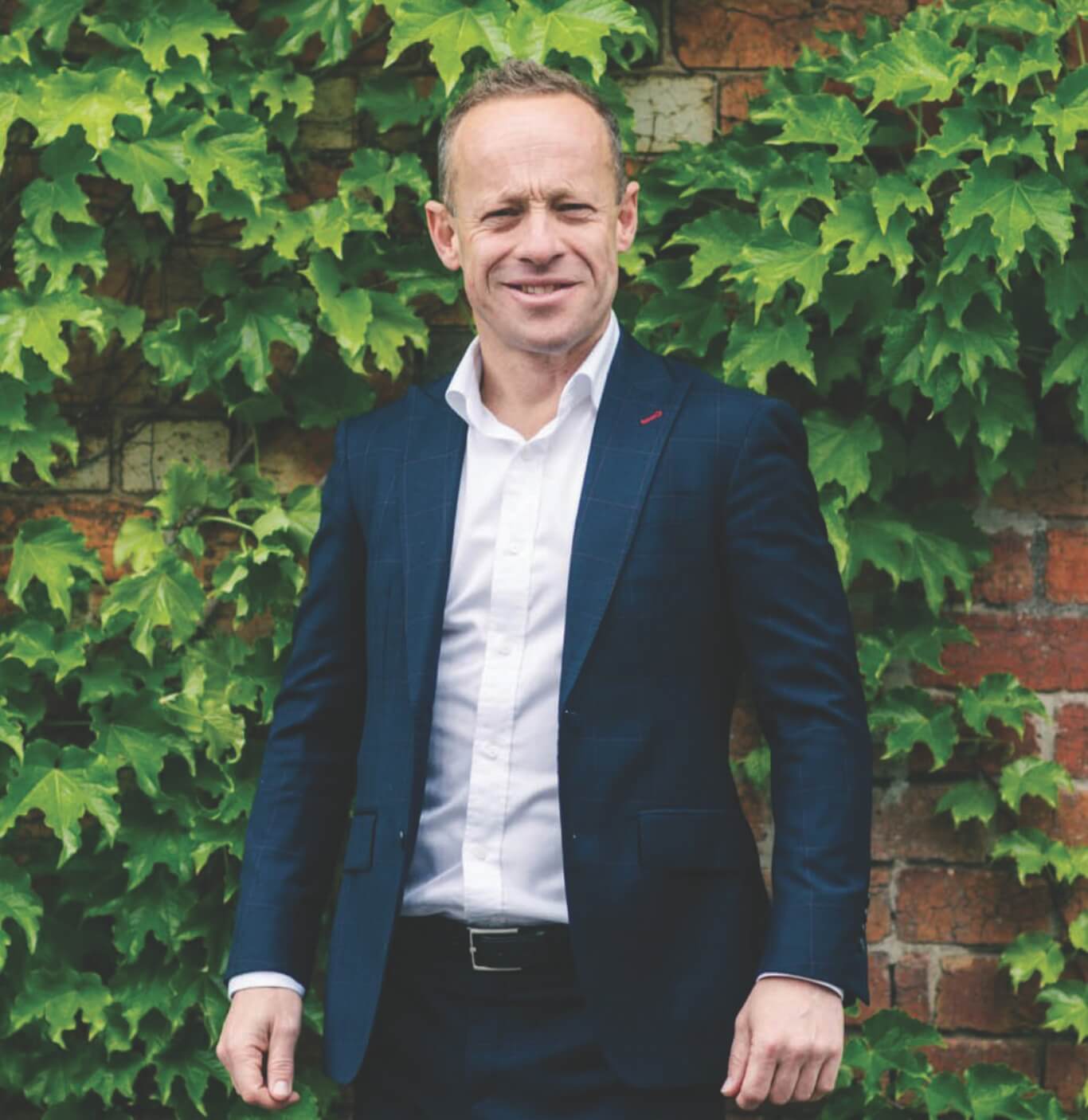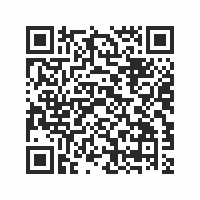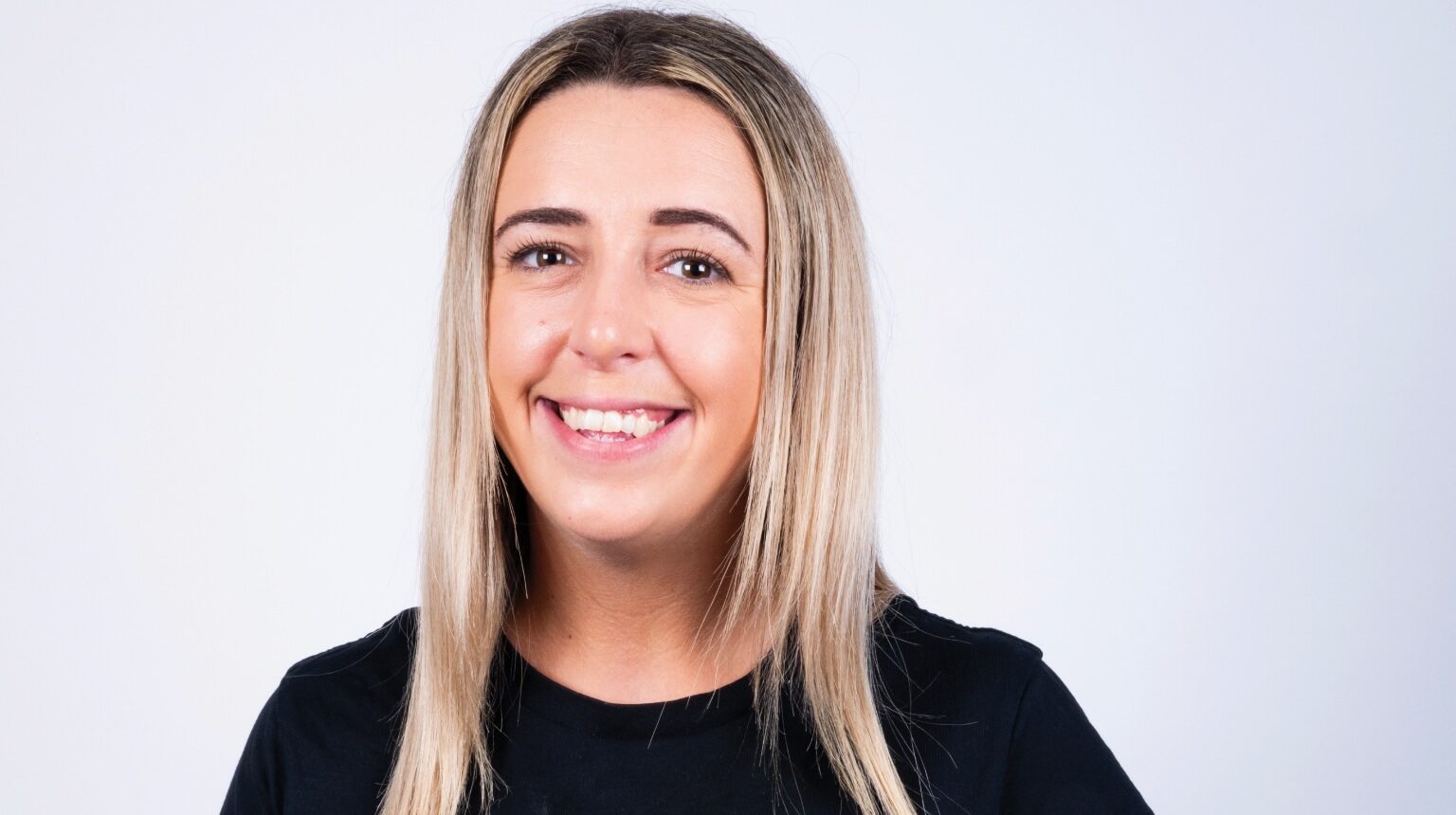Q. You have been a successful Aussie rules umpire over your career, as well as a teacher and a broker. How and why did you decide to become a broker?
I’ve been in broking now for about 18 years. I was introduced to the concept of broking by a friend I knew through football. It was starting to become a little problematic with the clash between my AFL umpiring commitments, which I wanted to prioritise, and my employment [as a teacher].
He said: “Well mate, I know you’re an educator. I know you love helping people and I know you get a lot of energy out of people. You can make this work for you in terms of your schedule.” At the time, that appealed to me, so I undertook all my qualifications and did my Certificate IV and then did my diploma during my periods off when I was teaching.
Then I took 12 months leave without pay [and was broking]. I just loved it. And so I went, “I’m not going to go back to teaching, I’m going to give this broking thing a go.”
Q. How did you first find business as a broker? Were you just whispering to all the players you were umpiring, ‘Do you need a home loan’?
For the last 18 years, I was very keen to keep those separate. That whole issue about being an official and integrity around that part of your life. It’s only been this last year, now that I’m exiting footy, that I’ve lent into those relationships.
Like with everyone you start with your circle of influence. So mum and dad, your brothers, friends, and family. They’re the ones that you cut your teeth on and they tend to be super supportive and loyal. Then from there, it organically grew through your friends, your peer network. But also you have to be very mindful of the relationship because you don’t want to let down the people closest to you.
Generally, the way we attract most of our clients now is through direct referrals and trusted partners.
Q. How do you determine which lenders you’re going to recommend to the client?
We’re all built different[ly]; it’s about getting to understand [the client]. That takes place in that first meeting. And one of our questions is, “Do you have any love interests or loathing [over] historical issues with any lenders in the past?” It’s quite funny because people who are of my vintage (70s children or older), they may very well have some brand orientation: good, bad, or indifferent. They’ll have a position.
First home buyers are less passionate about that and more interested in things like integrity of the particular lender. But they [also] want to know about the rates, they want to know about platforms, digital banking apps.
All of those sorts of things are way more relevant than what colour is the sticker.
Q. What do you think is the mark of good broker service?
There’s a level of education [that’s important]. You don’t need to be a qualified broker at the end of getting your loan approved and settled, but you should be able to sit across from your mates or whoever and know exactly what you’re doing and why.
But I think the key bit is the communicative piece. If you say: “We’ll be in touch in three days”, it doesn’t matter if the lender has come back to you or not, you need to be in touch with the client in the time that you say. It’s not rocket science, but in this world, that is so full on and hectic, they are the things that are easy to miss. We try to place great value on doing what we say we’re going to do. I think that helps with trust.
Q. What are your goals for Chamberlain + Co this year?
You’re always trying to be more efficient, write more loans, write better loans, but at the end of the day, you want to be doing it well. So we’ve got a couple of pillars in the office. Apart from connection, one of them is education. So we’ve got a key priority about getting our BDMs in and external providers and other brokers and we meet with them every fortnight and we try to challenge ourselves around that. “Who does this apply to? Where could I have used this information in the past where I haven’t before? How can I be a better broker?” So education we’re really big on.
Q. What advice would you give to brokers starting out?
The first thing I’d say is be kind to yourself. Speak to yourself in the same way you’d speak to someone that you were trying to assist. I think that impacts you heavily.
Learn from the best, earn your stuff, and be kind to yourself
You’ve got to have the basics. So education, learn the stuff, ask questions of people who you think are successful or who you admire. I find people in this industry are so supportive. Even the biggest of the big dogs, you can randomly just connect on LinkedIn. And so long as you’re not bustling people and being disrespectful of their time, it’s incredible how kind and generous people are.
So, learn from the best, earn your stuff, and be kind to yourself. I think those three things are fundamental pillars in whatever you’re doing in life.




